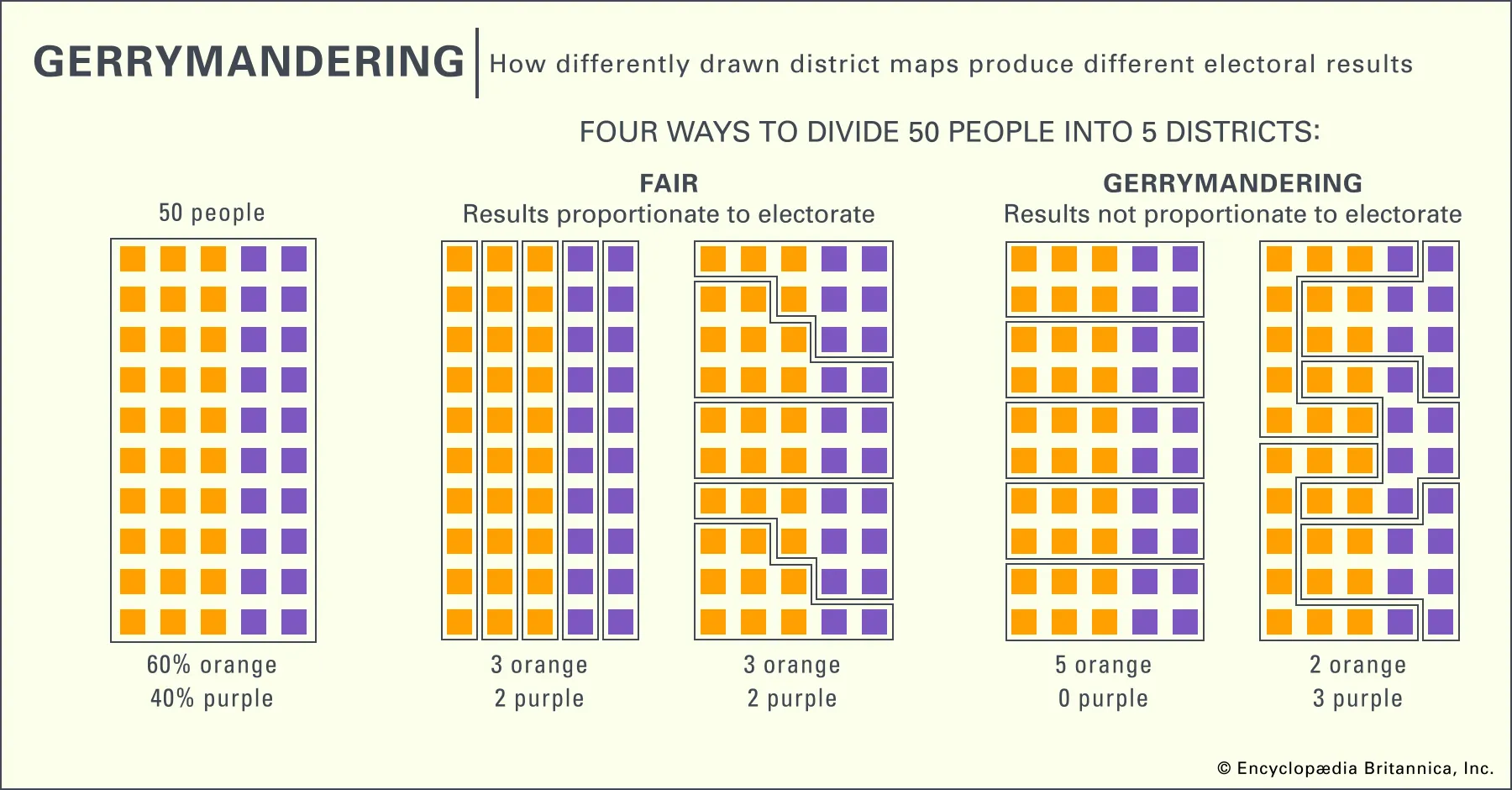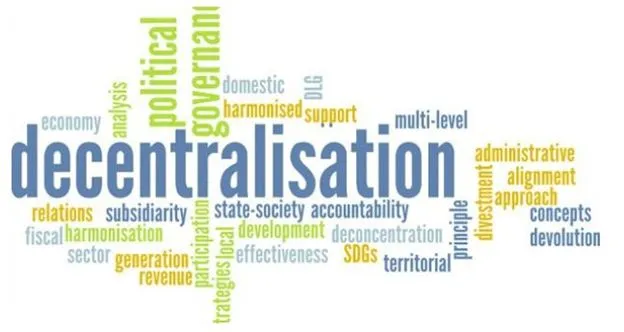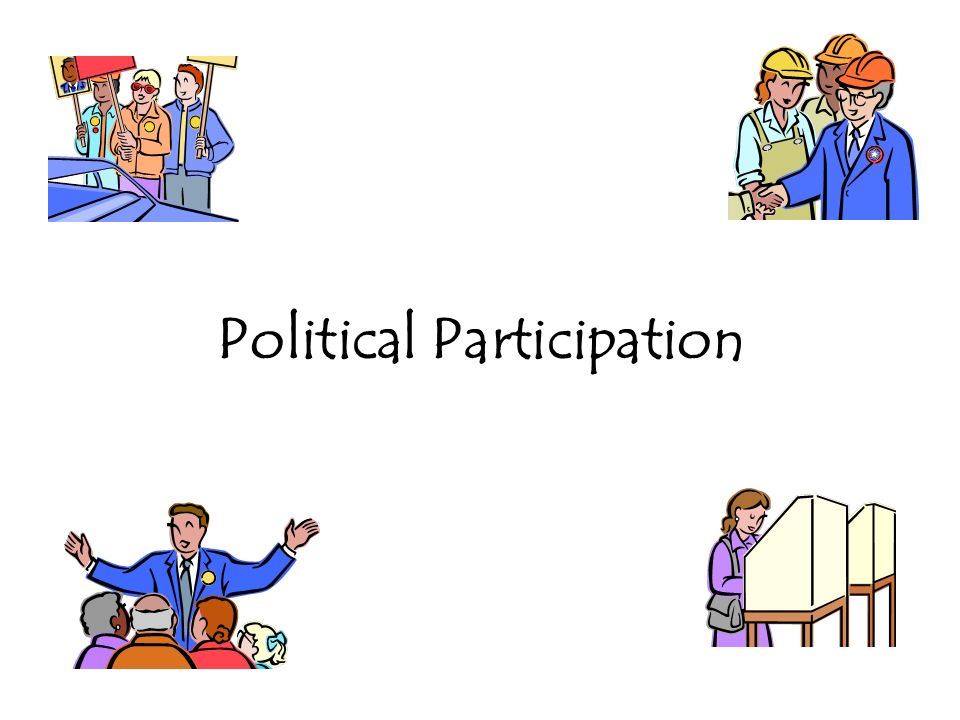The Impact of Gerrymandering on Representation and Political Outcomes
Discover how gerrymandering affects political representation and electoral outcomes. Explore the impact of gerrymandering on democracy

Gerrymandering's Grip: A Closer Look at Its Impact on Political Representation and Electoral Outcomes
In the intricate web of governance and politics, the issue of gerrymandering has emerged as a controversial and widely debated topic in recent years. In the ever-evolving landscape of U.S. political news, gerrymandering continues to influence state and world politics, affecting political representation, electoral outcomes, and the overall health of democratic systems. In this article, we will delve deep into the intricate dynamics of gerrymandering, explore its implications on political representation and electoral outcomes, and shed light on its influence on political campaigns in the United States and beyond.
Understanding Gerrymandering
Gerrymandering is a practice that involves manipulating the boundaries of electoral districts to favor one political party or group over another. This process allows those in power to redraw district lines strategically, often resulting in a skewed distribution of voters that advantages their own party. The term "gerrymandering" itself was coined in the early 19th century when Massachusetts Governor Elbridge Gerry approved a district that was so oddly shaped it resembled a salamander. This practice has since evolved, becoming a potent tool in modern-day politics.
The Impact on Political Representation
Gerrymandering has a profound impact on political representation, with consequences that resonate throughout the U.S. political landscape and international US political news. When districts are redrawn to favor one party, the voice of the opposing party's constituents is diluted, resulting in unequal representation. This leads to a situation where elected officials may not truly reflect the diverse interests and opinions of their constituents.
As a result, gerrymandering can undermine the principles of democracy, eroding the public's trust in the political system. This lack of trust can manifest in declining voter turnout and disengagement from state and world politics. Citizens may perceive their votes as inconsequential, which is detrimental to the core tenets of a healthy democracy.
Electoral Outcomes: The Domino Effect
The impact of gerrymandering extends beyond political representation, as it plays a pivotal role in determining electoral outcomes. By strategically drawing district lines, the party in power can ensure a favorable distribution of seats in legislative bodies such as the U.S. House of Representatives. This can lead to a distortion in the balance of power, where one party holds a significant advantage even if their popular vote share is not proportional.
In the context of U.S. political news today, this distortion has real-world implications. It can hinder legislative progress, perpetuate gridlock, and hinder effective governance. Furthermore, it can contribute to polarization, as politicians from gerrymandered districts may be incentivized to cater primarily to their party's extreme base rather than seeking common ground with opponents.
State and World Politics: A Global Perspective
While gerrymandering is often associated with U.S. politics, it is a concern that resonates on the global stage. International political news frequently covers instances of gerrymandering in various countries, and the consequences are similar: distorted political representation, skewed electoral outcomes, and erosion of democratic values.
The United States, as a prominent global player, sets an example for other nations. Its handling of gerrymandering can influence discussions on governance and politics worldwide. Therefore, understanding and addressing gerrymandering is not just a domestic issue; it's a matter of international concern, especially in the context of upcoming political events.
Gerrymandering and Political Campaign Strategies
Political campaigns are not immune to the effects of gerrymandering. In fact, gerrymandered districts often require distinct campaign strategies. Candidates in these districts may need to adopt more extreme positions to appeal to the base of their party, rather than seeking a broader, moderate appeal. This can lead to more polarized campaigns and a focus on ideological purity rather than practical governance.
Furthermore, gerrymandering can discourage competitive races, as incumbents in safe districts are less likely to face strong challengers. This lack of competition can lead to complacency among elected officials and a reduced incentive to respond to the needs and concerns of their constituents.
The Fight Against Gerrymandering: Strategies for Reform
Given the far-reaching implications of gerrymandering on political representation, electoral outcomes, and the integrity of democratic systems, it is imperative to explore strategies for reform. In recent years, there has been a growing awareness of the need to address gerrymandering and its detrimental effects on governance and politics. Here are some key strategies that have been proposed or implemented to combat this issue:
Independent Redistricting Commissions: One of the most prominent reform measures is the establishment of independent redistricting commissions. These commissions, composed of non-partisan or bipartisan members, are tasked with redrawing district lines, reducing the influence of partisan politics. Several states, including California and Arizona, have successfully implemented such commissions, resulting in fairer electoral maps.
Transparency and Public Input: Transparency is essential in the redistricting process. Requiring that redistricting proposals be made available to the public and subject to public input can help prevent clandestine gerrymandering efforts. Technology can facilitate this by providing accessible tools for citizens to propose and assess district maps.
Criteria for Fair Maps: States can establish clear criteria for drawing district lines that prioritize factors such as compactness, contiguity, and the preservation of communities of interest. These criteria can guide the redistricting process and reduce the potential for partisan manipulation.
Legal Challenges: Gerrymandering can be challenged in courts, and significant legal cases have emerged in recent years. Courts can play a critical role in determining the constitutionality of district maps and setting precedents for fairer redistricting practices.
Educational Campaigns: Raising public awareness about gerrymandering and its consequences is essential. Educational campaigns can empower voters to advocate for change, support reform measures, and hold elected officials accountable.
Federal Legislation: At the federal level, there have been efforts to address gerrymandering through legislation. Proposals like the For the People Act (H.R. 1) and the John Lewis Voting Rights Advancement Act aim to establish uniform redistricting standards and protect voting rights.
Citizen-Led Initiatives: Grassroots movements and citizen-led initiatives have made strides in advocating for fair redistricting. These efforts often involve collecting signatures to place redistricting reform measures on the ballot for voter approval.
Data Analysis and Technology: Advances in data analysis and technology can help detect and quantify gerrymandering. Algorithms and mathematical models can assess the fairness of district maps by measuring partisan bias and other metrics.
National Bipartisan Commissions: Some have proposed the creation of a national bipartisan commission to oversee congressional redistricting, which would standardize the process across all states and reduce the influence of individual state legislatures.
As gerrymandering continues to impact governance and politics in the United States and around the world, the fight for fair electoral maps remains a pressing concern. While there is no one-size-fits-all solution, a combination of strategies, including independent commissions, transparency, legal challenges, and public awareness, can contribute to addressing the issue.
It is crucial to recognize that the battle against gerrymandering is ongoing, and achieving meaningful reform requires sustained effort and vigilance from citizens, lawmakers, and the legal system. The impact of gerrymandering on political representation and electoral outcomes is significant, but through collective action and a commitment to democratic principles, it is possible to create fairer, more representative electoral systems that better serve the interests of the people. In the ever-changing landscape of state and world politics, the fight against gerrymandering is a vital aspect of safeguarding the integrity of democratic governance.
What's Your Reaction?

















